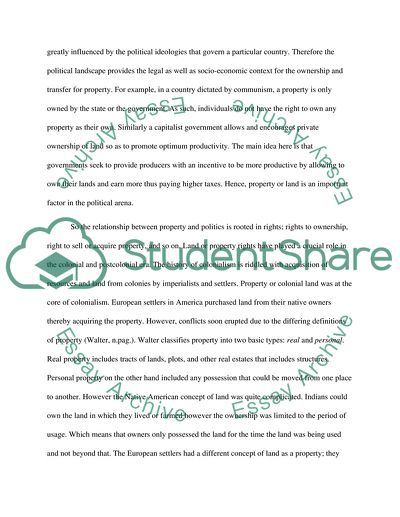Cite this document
(“Political Concept of Property Essay Example | Topics and Well Written Essays - 1250 words”, n.d.)
Political Concept of Property Essay Example | Topics and Well Written Essays - 1250 words. Retrieved from https://studentshare.org/law/1701124-political-concept-of-property
Political Concept of Property Essay Example | Topics and Well Written Essays - 1250 words. Retrieved from https://studentshare.org/law/1701124-political-concept-of-property
(Political Concept of Property Essay Example | Topics and Well Written Essays - 1250 Words)
Political Concept of Property Essay Example | Topics and Well Written Essays - 1250 Words. https://studentshare.org/law/1701124-political-concept-of-property.
Political Concept of Property Essay Example | Topics and Well Written Essays - 1250 Words. https://studentshare.org/law/1701124-political-concept-of-property.
“Political Concept of Property Essay Example | Topics and Well Written Essays - 1250 Words”, n.d. https://studentshare.org/law/1701124-political-concept-of-property.


